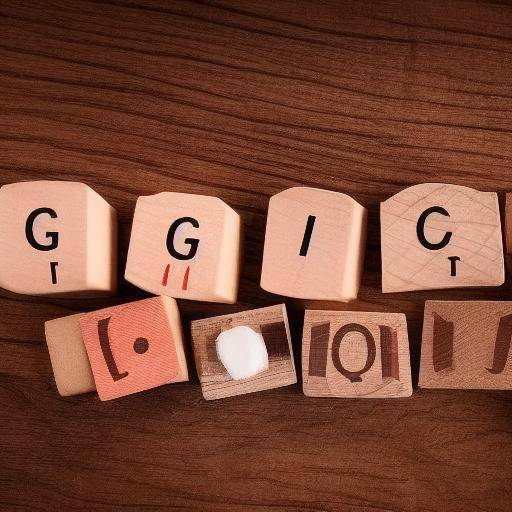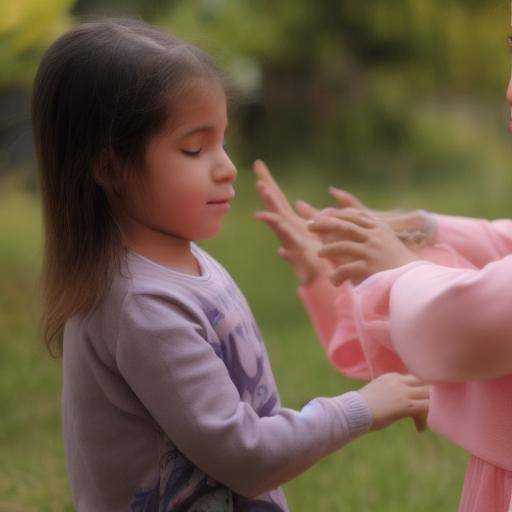
Gratitude is one of the most powerful emotions that can transform our perspective and behavior, which in turn can have a significant impact on our self-image and emotional well-being. In this article, we will explore in depth the role of gratitude in the development of a positive self-image, how it influences our emotional well-being and how we can cultivate it in our daily lives. We will discover effective strategies, practical advice and expert opinions to help you integrate gratitude into your life and improve your self-image.
Introduction
Gratitude is the feeling of recognizing and appreciating the positive in our lives, regardless of whether they are great or small blessings. When we practice gratitude consciously, we open our minds and hearts to abundance and learn to value what we have. This approach generates a powerful transformation in our self-image by fostering the appreciation of oneself and the recognition of our abilities and achievements.
History and Background
The importance of gratitude has been recognized throughout history in various cultures and religions. From the ancient Greek philosophers to the Eastern spiritual teachings, the practice of gratitude has been valued as a path to happiness and personal realization. Over the centuries, gratitude has evolved from a philosophical and religious concept to a subject of psychological research and personal development.
Modern research has revealed that the regular practice of gratitude is associated with a series of mental and emotional health benefits. These benefits include greater satisfaction with life, reduced levels of stress and depression, and greater emotional resilience. It has also been shown that gratitude has a positive impact on people ' s self-esteem and self-image.
Analysis in Deep
Gratitude affects self-image by fostering a positive and constructive mentality. When we are aware of the things we are grateful for, our focus naturally shifts to the positive rather than focusing on gaps or defects. This shift in focus promotes self-acceptance and self-assessment, which strengthens self-image and personal trust.
In addition, gratitude allows us to recognize and appreciate not only our own qualities and achievements, but also the people around us. By expressing gratitude to those who support us and contribute positively to our lives, we strengthen our relationships and create an emotionally enriching environment that also influences our self-image.
Comprehensive review
The integration of gratitude into everyday life can be done through simple but meaningful practices. Keeping a daily of gratitude, in which the things we are grateful for are regularly recorded, is one of the most effective ways of cultivating gratitude. In addition, practicing full attention or mindfulness helps us to be more present at the time and appreciate the little joys of life.
Studies have also shown that the regular expression of gratitude to others, either through words, gestures or acts of goodness, promotes a deeper sense of connection and belonging, which contributes to a more positive self-image and to greater emotional well-being.
Conclusion
In short, gratitude plays a fundamental role in the development of a positive self-image and greater emotional well-being. By practicing gratitude in a conscious and regular way, we can transform our perspective from ourselves and the world around us. To cultivate gratitude allows us to recognize our strengths, achievements and the support we receive, thus nourishing a positive self-image and greater satisfaction with life.
There is no doubt that gratitude is an essential component for the development of a positive self-image and lasting emotional well-being. By adopting gratitude as an integral part of our lives, we can experience a meaningful change in our perception of ourselves and in the way we interact with the world. While it may require practice and effort, the benefits derived from gratitude are invaluable to our mental and emotional health.
Frequently asked questions
How can I begin to practice gratitude in my daily life?
Practicing gratitude can start with something as simple as spending a few minutes each day to reflect on the positive things in your life and express gratitude for them. Keeping a diary of gratitude, making a list of things for which you are grateful or simply verbally expressing your appreciation to others are excellent ways to integrate gratitude into your daily routine.
What are some effective strategies to cultivate gratitude?
In addition to maintaining a diary of gratitude, other effective strategies include the practice of full attention or mindfulness, the regular expression of gratitude to others, and the focus on positive experiences rather than negative ones. To cultivate gratitude requires a change of conscious and constant approach to the positive, and these strategies can help you focus on blessings in your life.
How does gratitude influence self-image and self-esteem?
Gratitude influences self-image and self-esteem by fostering a positive and constructive mentality. When we recognize and appreciate our own qualities and achievements, as well as the contributions and support of others, we strengthen our self-image and our personal trust. Gratitude allows us to value what we are and what we have, which contributes significantly to a positive self-image.
Can gratitude help manage stress and anxiety?
Yes, many studies have shown that regular practice of gratitude is associated with reduced levels of stress, anxiety and depression. By focusing on positive aspects and counting blessings, people who practice gratitude find greater ability to manage stress and cultivate emotional resilience.
What role does gratitude play in interpersonal relationships?
Gratitude plays a crucial role in interpersonal relationships by strengthening emotional ties and creating an environment of support and reciprocity. By expressing gratitude to others and recognizing their positive contributions, we strengthen our relationships and foster greater emotional connection. Gratitude contributes to building more satisfying and enriching relationships.
How can I keep the practice of long-term gratitude?
To keep the practice of long-term gratitude, it is important to integrate it as a regular habit in your daily life. This may include dedicating a specific time of the day to reflect on the things you are grateful for, incorporating gratitude in your interactions with others, or establishing visual reminders to keep you focused on the positive.
In short, gratitude is a powerful catalyst for the development of a positive self-image and greater emotional well-being. By integrating gratitude into our lives, we can experience a significant transformation in the way we perceive ourselves, in how we relate to others and in our satisfaction with life in general.
As we reflect on the blessings that surround us and express our gratitude, we nourish a positive perspective and strengthen our self-image. Gratitude allows us to recognize how valuable we are and the positive contributions that enrich our lives, which drives us towards greater self-acceptance and personal realization.
Ultimately, gratitude invites us to adopt an attitude of appreciation and celebration of life, which in turn influences the way we see ourselves and how we relate to the world. Growing gratitude can be a transformative practice that not only improves our self-image and emotional well-being, but also connects us with the beauty and joy that abound in our lives.






















































